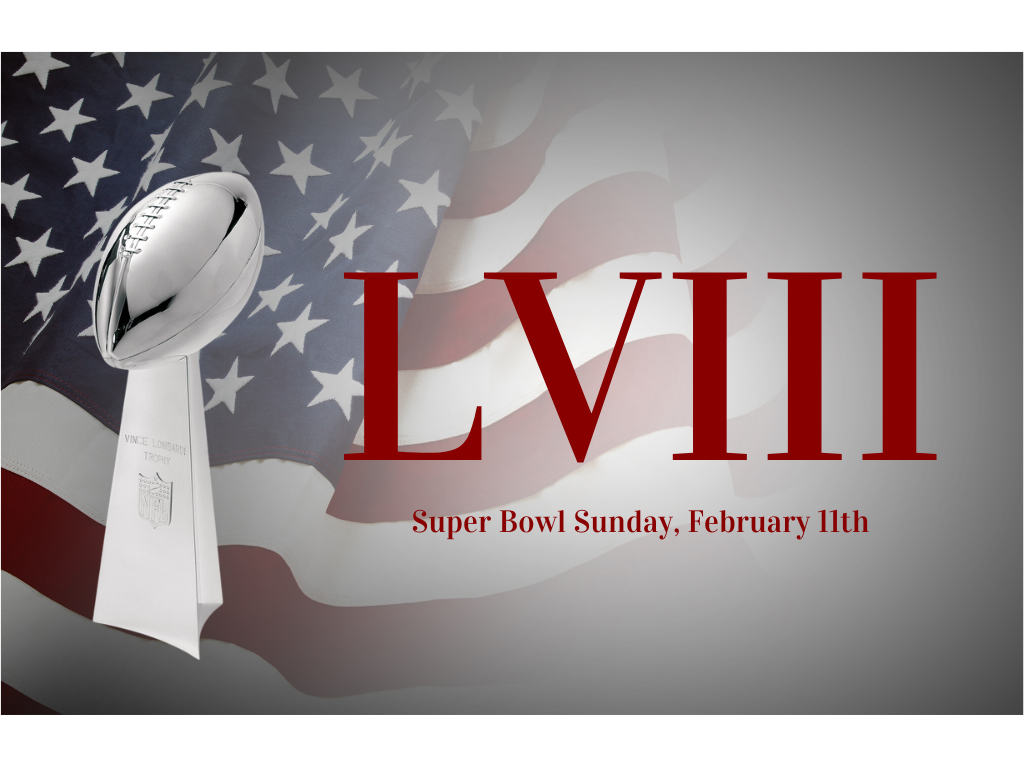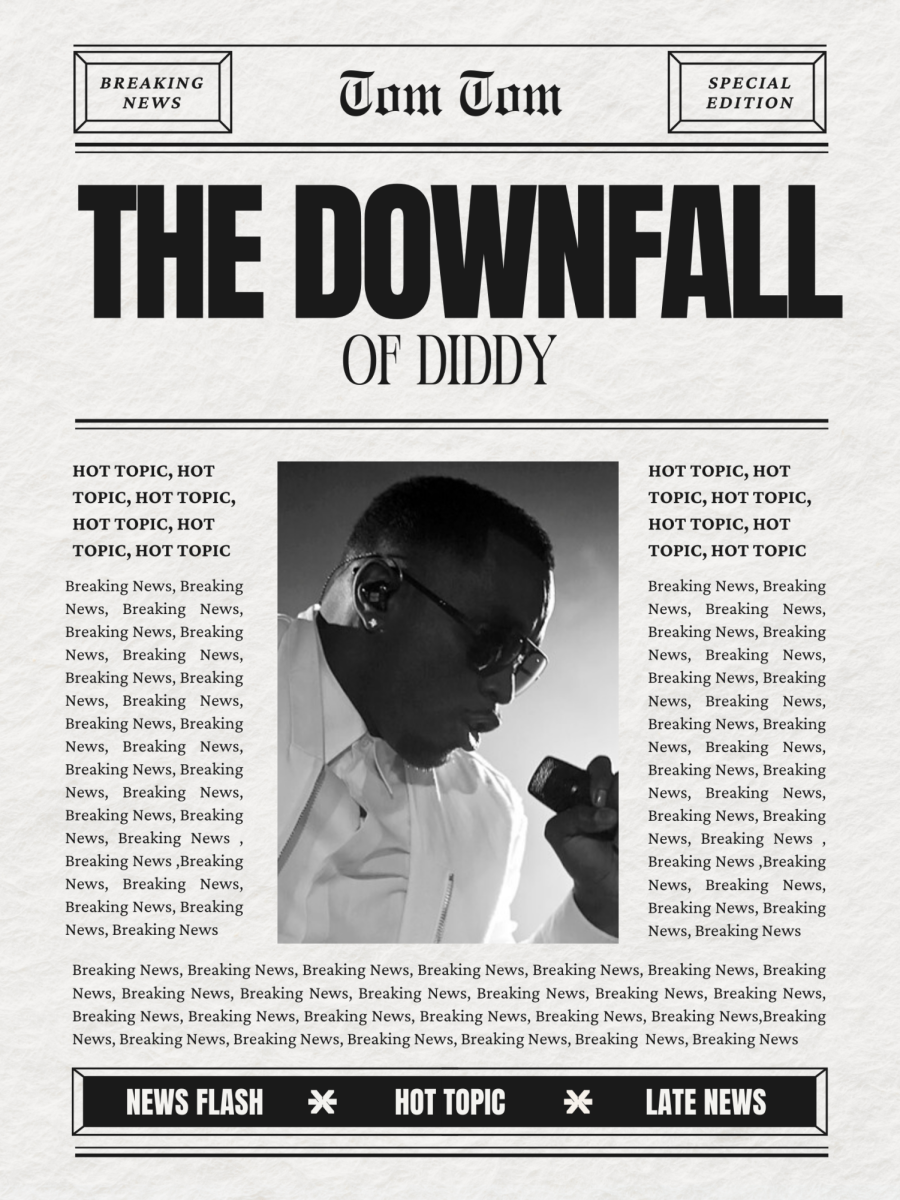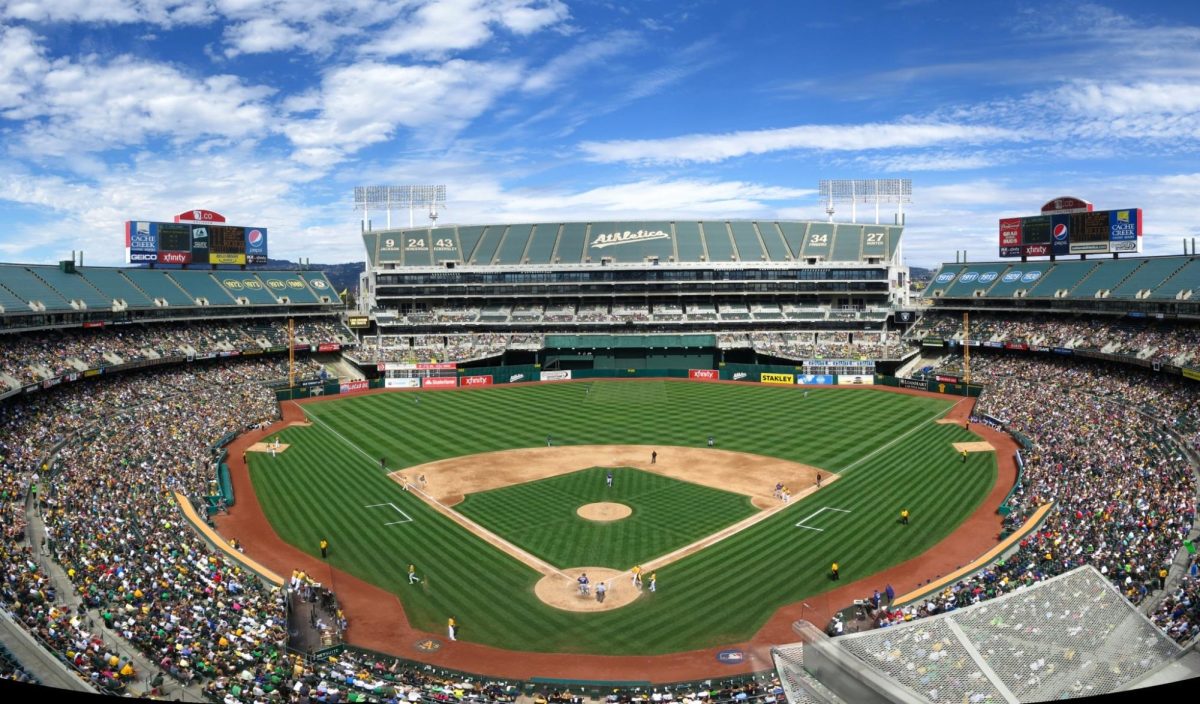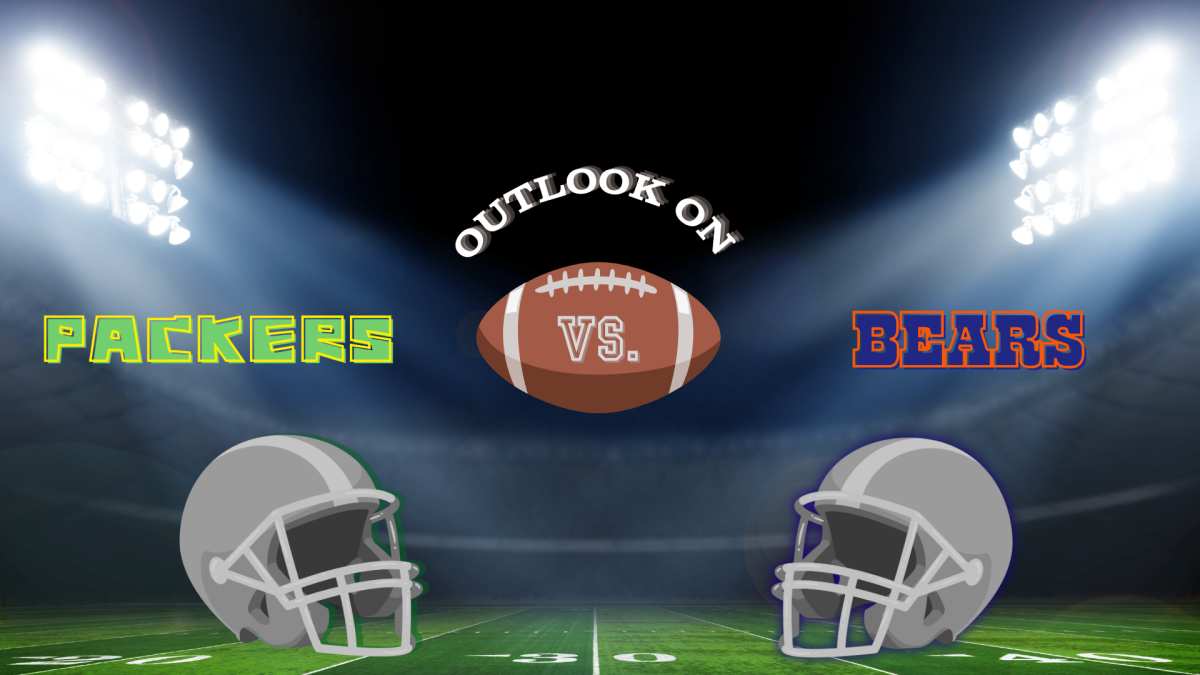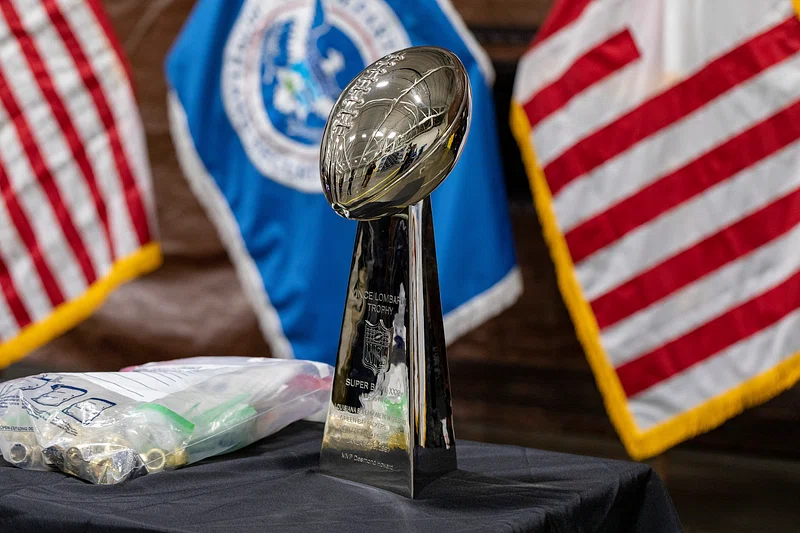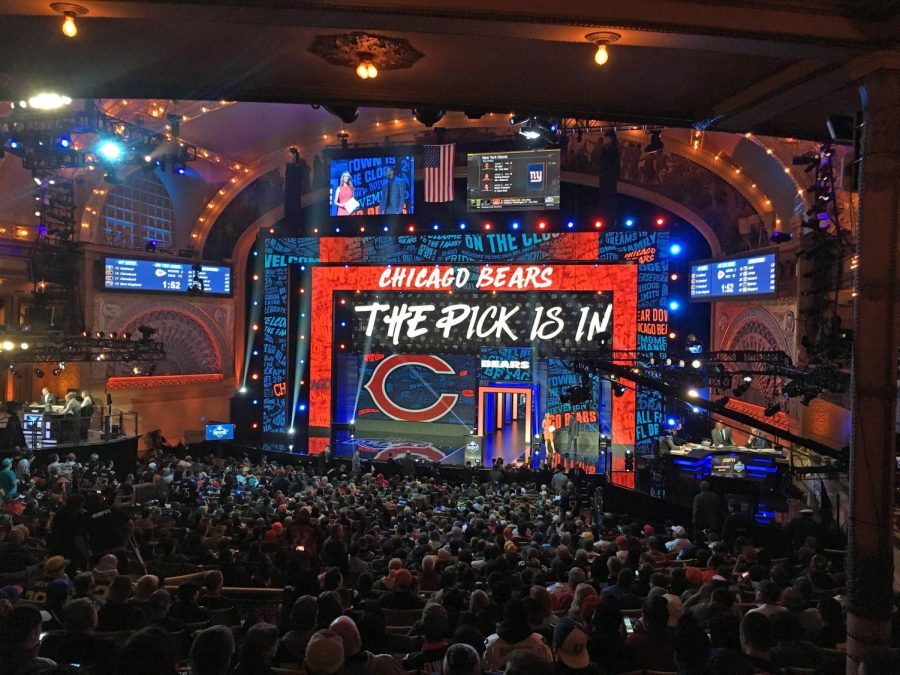The Super Bowl has always been a game of football, but over time, it has taken on the essence of an experience much greater. Taking place on the second Sunday of February each year, the event is watched by millions of people, generating millions of dollars and captivating the country. A cultural phenomenon, the Super Bowl’s evolution has experienced its growth in recent years.
However, the acclaimed game was not always the focal point of sports championships. With media and marketing, the Super Bowl has intercepted America’s attention. Having played in and won the Super Bowl in 1985 with the Chicago Bears, former wide receiver-tight end Emery Moorehead has a unique perspective on the Super Bowl’s surge in popularity and worth.
“Before, [the Super Bowl] was just another game,” Moorehead said. “But it got a very popular kick and did not just capture winning cities’, but the whole country’s attention.”
With this, the Super Bowl has been ingrained into American culture; football has seemingly dethroned baseball as “America’s pastime.” The NFL season itself benchmarks the week with three days of football games. The media keeps the public engaged with press and storylines; sides are picked and players are favored. The actual affair of the Super Bowl continues to draw people in not just for the football, but for the highly-anticipated halftime show and commercials. Avid football fan and Antioch Community High School English teacher Francis Fracek‘s thoughts are parallel with the idea that the Super Bowl is a significant thread in the social fabric of American society.
“[The Super Bowl] brings people together,” Fracek said. “[Americans] cling to players or teams that they like or narratives that they want to enjoy because they want to feel involved and like to be intrigued.”
Correlating with the concept that the Super Bowl ultimately ties a fragment of the U.S. together, the football event is often widely regarded as an unofficial national holiday. Various components of the Super Bowl align with that of recognized holidays. A social studies teacher at ACHS, Jaycee Ruley likes the atmosphere and energy that both football and the Super Bowl entail.
“It’s similar to a holiday because you usually get together with friends or family and it’s centered around eating and drinking, which is what a lot of holidays are centered around,” Ruley said. “There is no religious aspect to the Super Bowl, but there’s a lot of traditions that are similar.”
Considering everything that the Super Bowl is comprised of and everything that it encompasses, it truly portrays a part of the American identity. With the individualistic culture of America, the competitive quality of the Super Bowl resonates with the country’s society. More national ideals include hard work, camaraderie and dedication; viewers’ values are represented in the Super Bowl and people like to identify with the content they consume. An annually renewed celebration, the Super Bowl has more depth than just a game of football.


